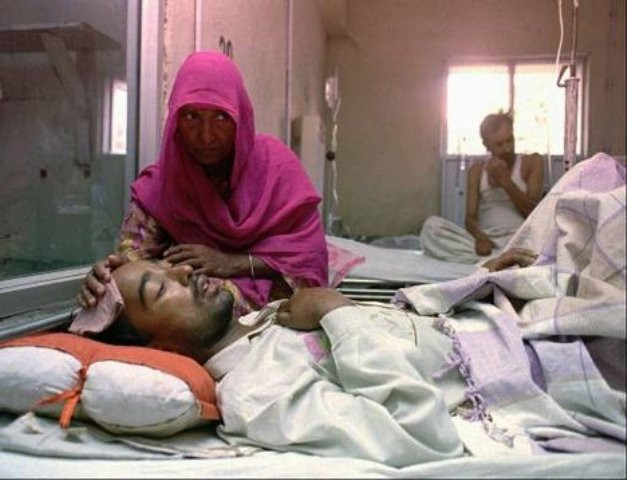Peshawar:
Dengue has reappeared as a serious public health threat to Khyber-Pakhtunkhwa, with 787 confirmed cases in the Peshawar division.
The Charsadda district was identified as the most affected area, representing 718 narcotic cases, while Peshawar recorded 49, Nowshera 19, and the districts of Khyber and Mohmand each one, both linked to travel.
The increase in the sharp increase in cases caused a high -level meeting presided over by the Peshawar division commissioner, Riaz Khan Mehsud, where assistant commissioners, district health agents, entomologists and officials of the five districts examined the situation. The commissioner ordered assistant commissioners to supervise anti-dengues operations at the level of the Union Council, while the sub-commissioners were invited to personally follow the progress.
Commissioner Mehsud has ordered an immediate acceleration of anti-dengue spray campaigns and the creation of medical camps in high-risk areas. Hospitals have been invited to allocate separate services and beds to dengue patients. Public awareness training is also underway to ensure that citizens adopt preventive measures.
Expressing a particular concern concerning the extraordinary number of cases in Charsadda, the commissioner announced an investigation to determine the causes of the epidemic. “All districts must submit lists of drugs and essential supplies to my office without delay,” he said, adding that the responsibility would be applied to each stage of the response.
Earlier this week, the provincial management also took an urgent opinion. Chief Minister Ali Amin Gandapur, in the wake of heavy rains that have created favorable conditions for the breeding of mosquitoes, has led urgency anti-Dengues operations through Khyber-Pakhtunkhwa.
According to an official press release from the Secretariat of the Chief, Division Commissioners, Deputy Commissioners and all the relevant departments were ordered to initiate immediate sanitation campaigns.
These include drainage of stagnant rainwater on construction sites, markets, schools, government offices and drains, areas identified as the main breeding grounds for dengue mosquitoes.
The health service was invited to make prior measures in hospitals, guaranteeing the availability of medicines, diagnostic kits and treatment facilities. An effective surveillance and report system has also been mandated to follow the cases of dengue in real time throughout the province.




